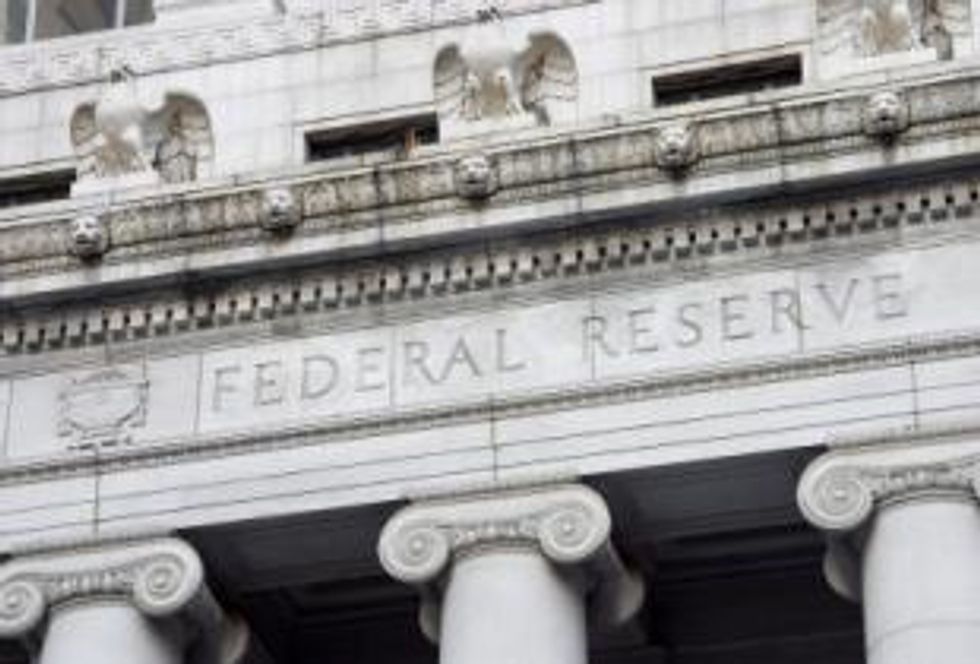Silver suffered a sharp setback in early trading Monday as the market reacted to the Bank of Japan’s move to devalue the yen. Investors and traders will be monitoring the actions of other central banks, such as China which many anticipate will loosen its monetary policy by the end of the year.
By Melissa Pistilli—Exclusive to Silver Investing News
Late last week, the price of silver jumped alongside gold, copper as hope was renewed that the financial crisis in the Eurozone may be closer to a resolution. Also edging the markets along was the positive US economic data that showed the economy grew 2.5 percent in Q3 2011.Rallying to a five-week high, silver on the COMEX rose to $35.37 an ounce Thursday as the dollar index took its biggest one-day loss in more than two years; gold reached $1,754 an ounce, its highest level since September 23.
Silver outshone gold in gains yet again as both its precious and industrial metal roles gave it a boost. The news out of Europe fuelled inflation sentiments, positive for precious metals, and the US economic data spurned hopes of a recovery, lifting industrial-use commodities.
Despite some pullback earlier in the trading day Friday, silver prices managed to end the day 0.5 percent higher for a close of $35.29 an ounce. Silver gained 13 percent on the week, while gold gained 6.8 percent to close Friday at $1747.20 an ounce on the COMEX.
Precious metals prices, however, suffered a sharp setback in early trading Monday as the market reacted to the Bank of Japan’s move to devalue the yen, which gave a boost to the US dollar while depressing the euro. A stronger dollar usually spells trouble for precious metals and commodities as they become more expensive to hold for non-US buyers.
Of course, silver took the news much worse than gold, plunging more than 3.5 percent to a low of $34.03 an ounce early Monday, while gold fell 1.6 percent to as low as $1715 an ounce.
Market sentiment toward the EU’s bailout package for its financially crippled nation members is also taking a cautious turn yesterday, further impacting commodities and precious metals prices. Many are skeptical as to the success the deal will have in abating the crisis, but such skepticism will ultimately prove bullish for gold and possibly silver, although fears of global economic downturn could still place downward pressure on industrial-related commodities.
And while some seemingly positive numbers have come out of recent US economic reports following the best October the US stock market has ever had, there are still plenty of reasons to be concerned.
Though the US economy grew 2.5 percent, consumer spending rose 2.4 percent and business expenditures for equipment and software rose 17.4 percent in Q3 2011, economists and analysts point out that economic growth in the US would have to reach above 3 percent to have any impact on the unemployment rate, still above 9 percent, reported The Wall Street Journal. And a continuing high unemployment rate will eventually place further strain on consumer spending, which accounts for around 70 percent of US economic activity. Already in October consumer confidence has fallen to its lowest point in 2 and a half years.
A stagnant US economy, not to mention the global economy if the EU’s bailout measures fail, could lead to a price drop for industrial commodities, including silver. Despite its precious metal status, silver often takes its cues from the physical commodity markets. This, coupled with silver’s relatively small market size compared to gold accounts for its propensity for wide price swings.
For now, investors and traders will be monitoring the actions of central banks, such as China which many anticipate will loosen its monetary policy by the end of the year, a bullish prospect for commodities, according to Jinrui Futures analyst, Hou Xinqiang. Also on the market’s radar is the Fed’s policy meeting on Tuesday and Wednesday followed by the European Central Bank’s meeting later this week.




